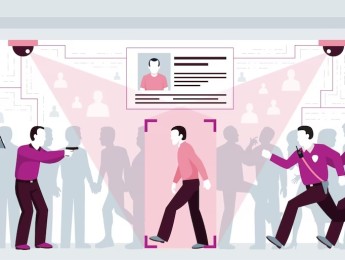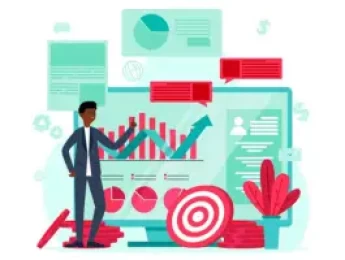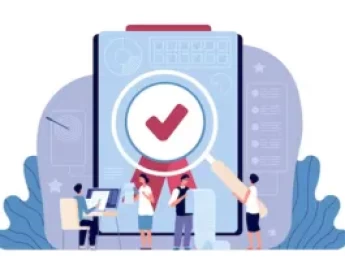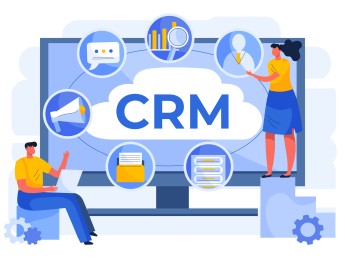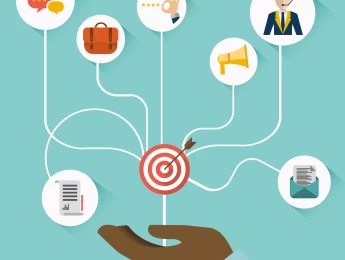Profiling is a method that uses data analysis to determine the patterns and motives of past criminals, predict future behaviours, and prevent potential crimes. These profiles require the profiler to use sociological and psychological evidence to create an accurate background on each individual, which could be used in a legal case.
Reliable data and trending analysis are important for developing an effective profile useful for future predictions and preventative action. However, an innovative and outside-the-box mindset is also required to really understand how actions affect the perpetrator and predict their future behaviours.
Understanding previous cases and criminal behaviour can also help predict personality and behavioural changes in current criminals and assist in legal battles to reduce the overall crime rate in focus areas.
To fully understand the intricacies of criminal profiling, it’s important to investigate the functions and tools involved in solving crimes and uncover the types of evidence and data that could be used in a legal battle to reach the correct conclusion and make positive societal changes.
During this course, you’ll learn:
- Understand the tools and tactics used in criminal profiling.
- Develop data and evidence matrices to create an accurate picture.
- Utilise past criminal behavioural data to predict trending crimes.
- Create a crime database based on area and societal impacts.
- Outline risk factors regarding specific areas and types of crimes.
- Describe different theories based on the causes of crime and relate them to real-world situations.
- Develop a wide range of personality profiles to evolve your profiling regime for the future.
- Explore Marxist and realist views of the different types of crime.
- Understand how data can help in legal battles and help to change the future of crime fighting.
This course is designed for anyone responsible for developing a psychological profile to prepare for area crime statistics or fight a legal case. It would be most beneficial for:
- Police Officers
- Custody Co-ordinators
- Solicitors
- Research Officers
- Data Analysts
- Profile Writers
- HR Professionals
- Case Workers
- Prison Officers
- Lawyers
- Probation Officers
During this course, you’ll learn:
- Understand the tools and tactics used in criminal profiling.
- Develop data and evidence matrices to create an accurate picture.
- Utilise past criminal behavioural data to predict trending crimes.
- Create a crime database based on area and societal impacts.
- Outline risk factors regarding specific areas and types of crimes.
- Describe different theories based on the causes of crime and relate them to real-world situations.
- Develop a wide range of personality profiles to evolve your profiling regime for the future.
- Explore Marxist and realist views of the different types of crime.
- Understand how data can help in legal battles and help to change the future of crime fighting.
Day 5 of each course is reserved for a Q&A session, which may occur off-site. For 10-day courses, this also applies to day 10
Section 1: Crime Classifications
- The causes of crime.
- Introduction to accurate profiling.
- Why is profiling important in a legal battle?
- Classical, positivist and Chicago theories.
- Understanding social structures.
- Symbolic interactionism and individual theories.
- Biosocial theories and their effects.
Section 2: The Various Levels of Crime
- The different types of crime and how area statistics factor in.
- Understanding social standing and crime rates.
- Violent crime classifications.
- Using historic crimes to predict today’s crime trends.
- Misdemeanours and felonies.
- Property and statutory crimes.
Section 3: Forensic Science & Data
- Crime scene evidence and data.
- Using toxicology and ballistics reporting.
- How to differentiate accurate data from hearsay.
- Fingerprinting and more modern forensics.
- Toxicology reporting and how this has a bearing on the crime rate.
Section 4: The Phases of Successful Profiling
- Understanding how successful profiling can benefit society.
- Utilising profiles as evidence throughout the legal journey.
- Examination and classification of evidence.
- The benefits of reconstruction.
Section 5: Victimology & Utilising Data in Legal Cases
- Potential consequences.
- Lawyers and their options based on a successful profile match.
- Inaccurate profiling and the effects.
- Victim rights and facilitation.
- Developing your profile model.
- Measuring profile success and making improvements.
- Reassessing the data to predict future trends.
Upon successful completion of this training course, delegates will be awarded a Holistique Training Certificate of Completion. For those who attend and complete the online training course, a Holistique Training e-Certificate will be provided.
Holistique Training Certificates are accredited by the British Assessment Council (BAC) and The CPD Certification Service (CPD), and are certified under ISO 9001, ISO 21001, and ISO 29993 standards.
CPD credits for this course are granted by our Certificates and will be reflected on the Holistique Training Certificate of Completion. In accordance with the standards of The CPD Certification Service, one CPD credit is awarded per hour of course attendance. A maximum of 50 CPD credits can be claimed for any single course we currently offer.
- Course Code IND20-101
- Course Format Classroom, Online,
- Duration 5 days








